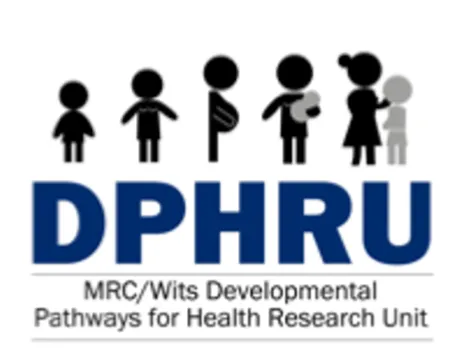Trajectories
In the 21st century, scientific advances have fundamentally challenged the view that an individual's health and well-being is written into their genes. Human development and health are now understood as profoundly shaped by early life environmental conditions. There have been significant public health investments in developing interventions during pregnancy and early childhood, particularly for decreasing obesity and non-communicable disease in the next generation. Recent evidence shows that interventions in pregnancy for decreasing obesity risk is of limited efficacy, and scientists are turning to the period before conception as a window of opportunity to shape intergenerational health. Testing this theory requires clinical trials that start before pregnancy and measure outcomes in the next generation.
These new scientific approaches raise important questions that require urgent consideration given their possible societal impacts. The 'preconception' focus could productively emphasise the wide range of social determinants of health, but also has the potential for a loss of gains in reproductive rights and gender equality, and diminished attention to the social drivers of health inequities. As evidence from preconception trials begins to shape global health policy on women's and children's health, it is crucial that we advance our knowledge of how our social environments get 'under the skin' to shape health outcomes.
This timely programme of research meets the urgent need for:
- Social science attention to the social and ethical implications of research and intervention in the 'preconception period', including how preconception trials are conducted, the assumptions underpinning this research, and what this means for global public health policy;
- Innovative qualitative methodologies for studying the social factors that shape life trajectories.
To do this, the PI and team hosted at King's College London is partnered with the Developmental Pathways for Health Research Unit at the University of the Witwatersrand in South Africa, who are part of the Healthy Life Trajectories Initiative (HeLTI) study. This four phase intervention trial (preconception, pregnancy, infancy and early childhood) is hosted by the World Health Organisation and is conducted in Canada, India, China and South Africa. This project aims to advance our theory and understanding of the social contexts of early life development and obesity risk; improve scientific practice; and create a space for public dialogue on the implications of new scientific knowledge for how we understand patterns of intergenerational health and disease.
Key partners
Professor Vinh-Kim Nguyen (Graduate Institute, Geneva)
Professor Shane Norris (University of Southampton/University of the Witwatersrand)
Associate Professor Catherine Draper (University of the Witwatersrand)
Professor Stephen Lye (University of Toronto)
Core team
Dr Noreth-Muller Kluits (Honorary Postdoctoral Fellow, King’s College London)
Dr Neusa Torres (Postdoctoral Fellow, University of the Witwatersrand)
Dr Caitlin Gardiner (PhD candidate, King’s College London)
Ms Lerato Mohlomi (Research assistant and MSc candidate, University of the Witwatersrand)
Ms Tsakani Hlungwani (Project coordinator, University of the Witwatersrand)
Mr Riaan Hendricks (documentary filmmaker)

Principal Investigator
Affiliations
Project websites
Funding
Funding Body: UK Research and Innovation (UKRI)
Amount: £1,225,145
Period: February 2021 - August 2026




